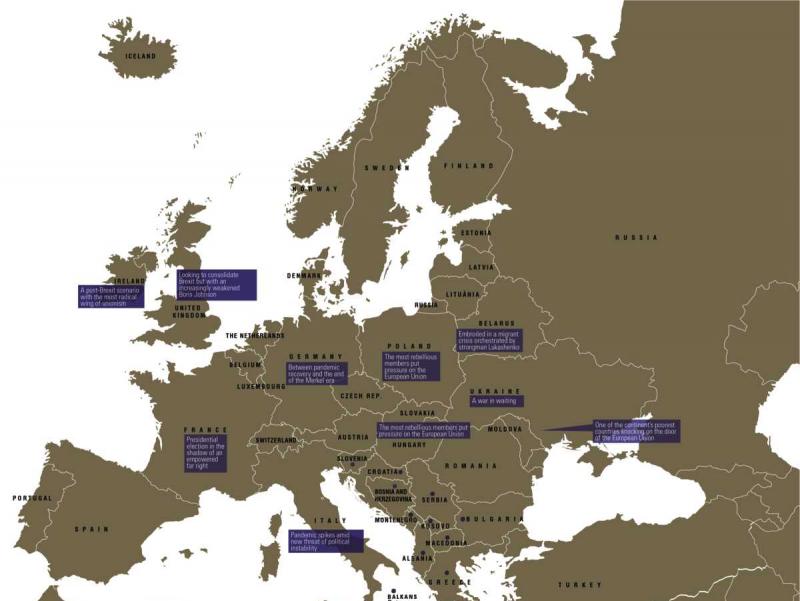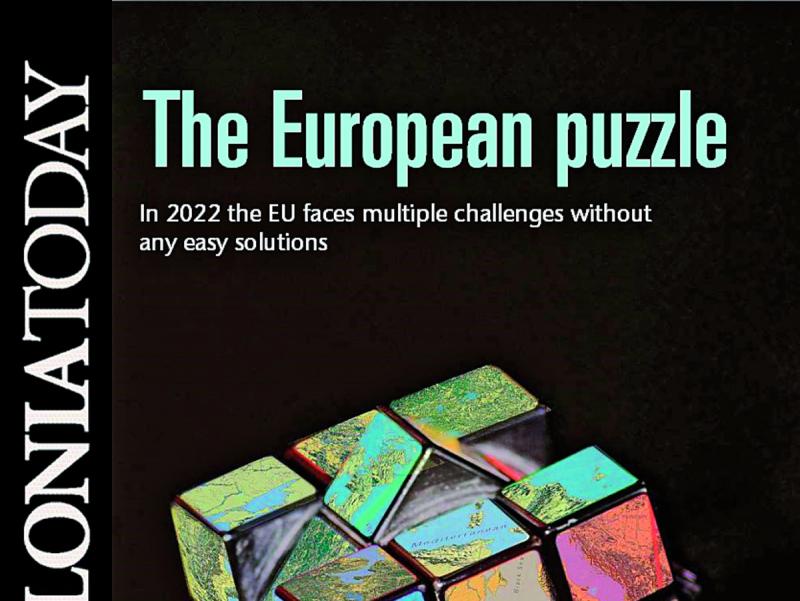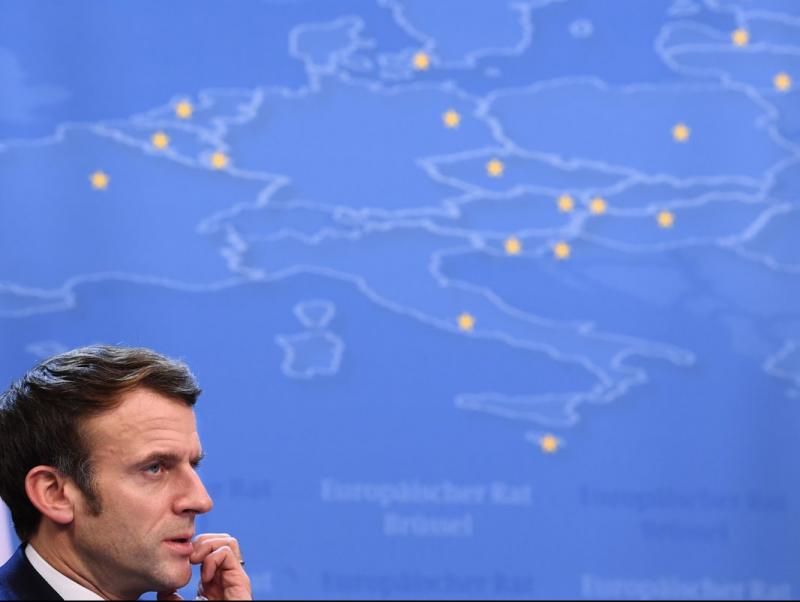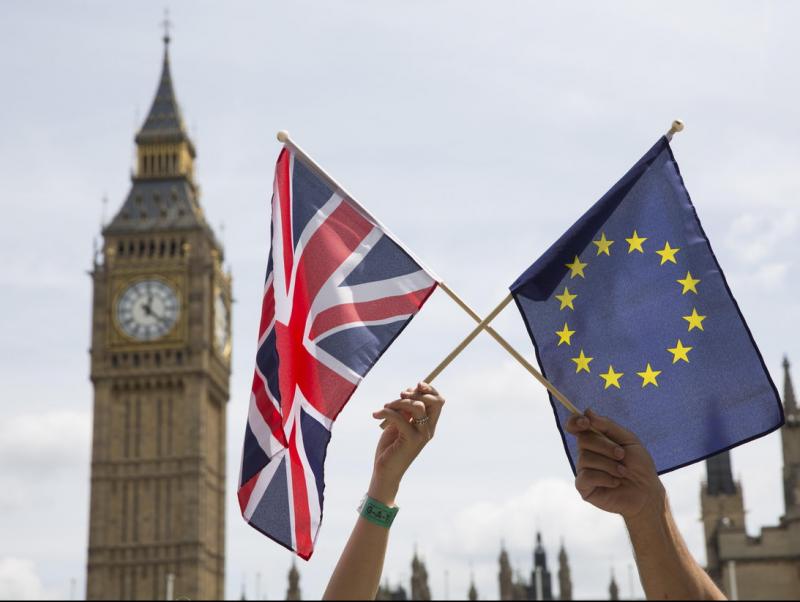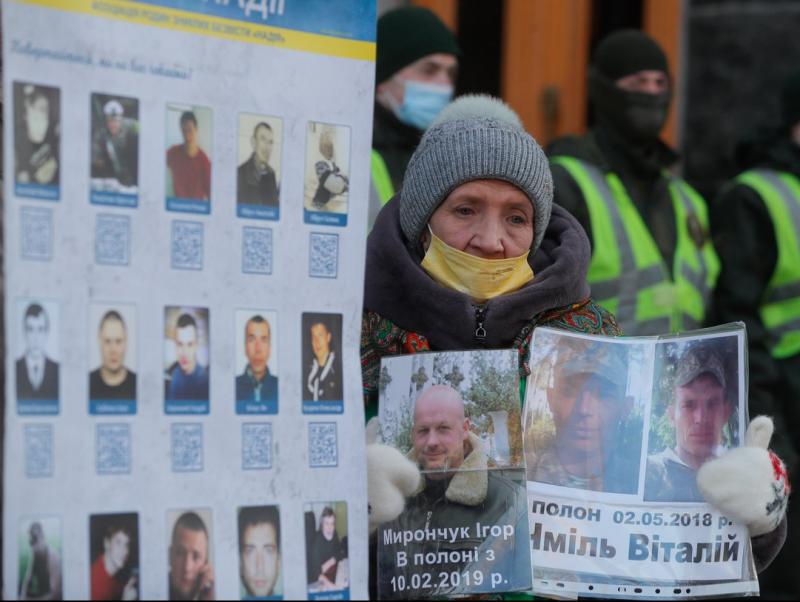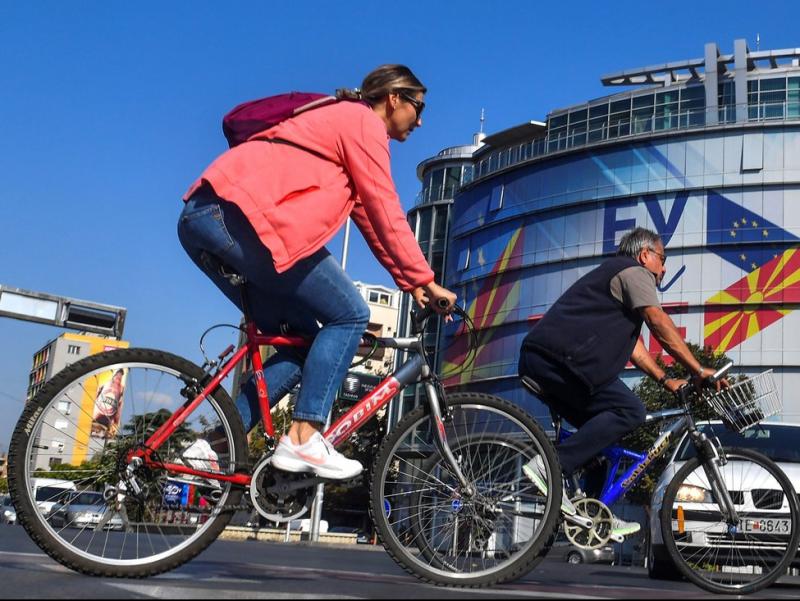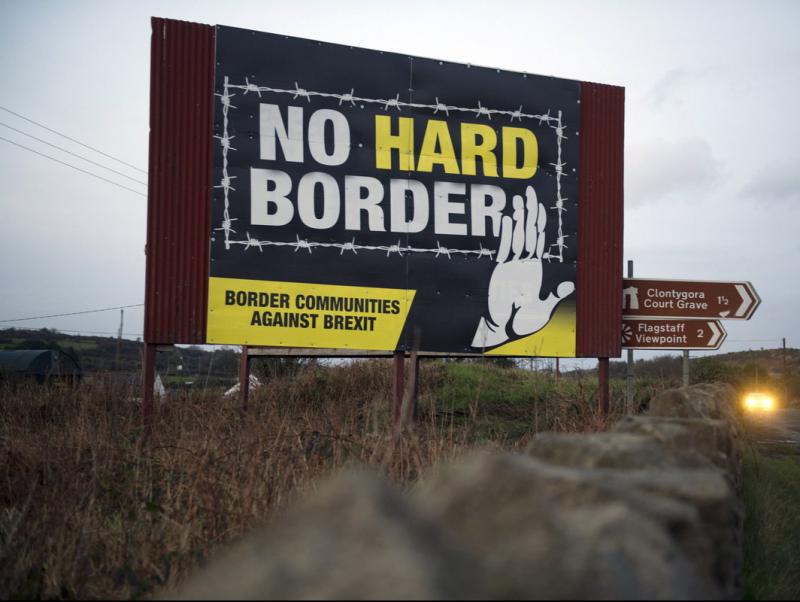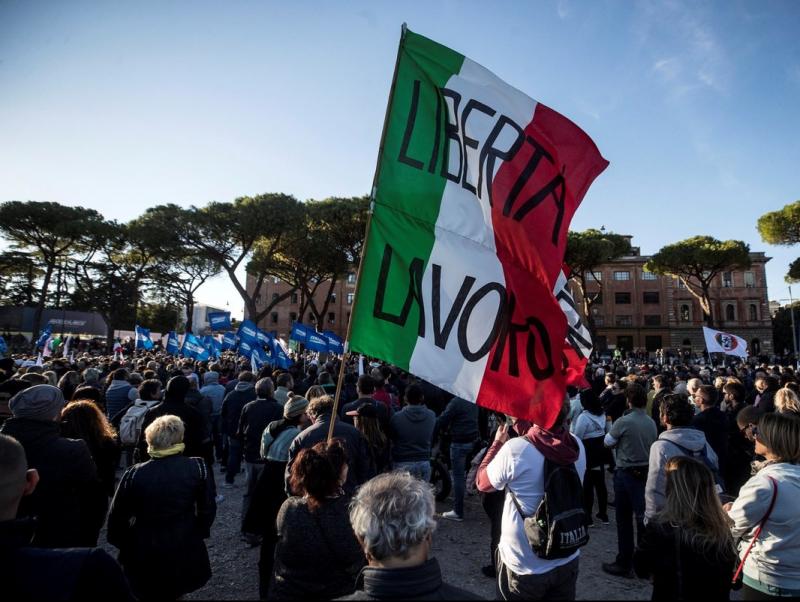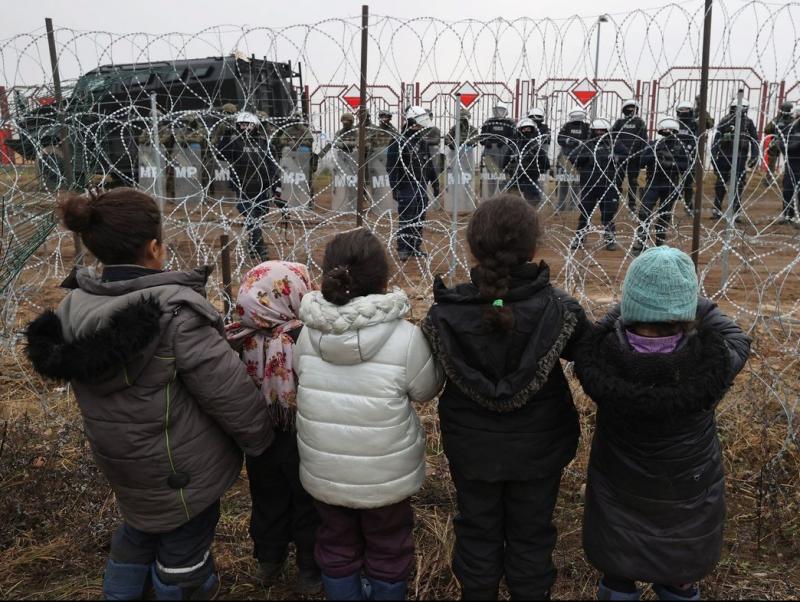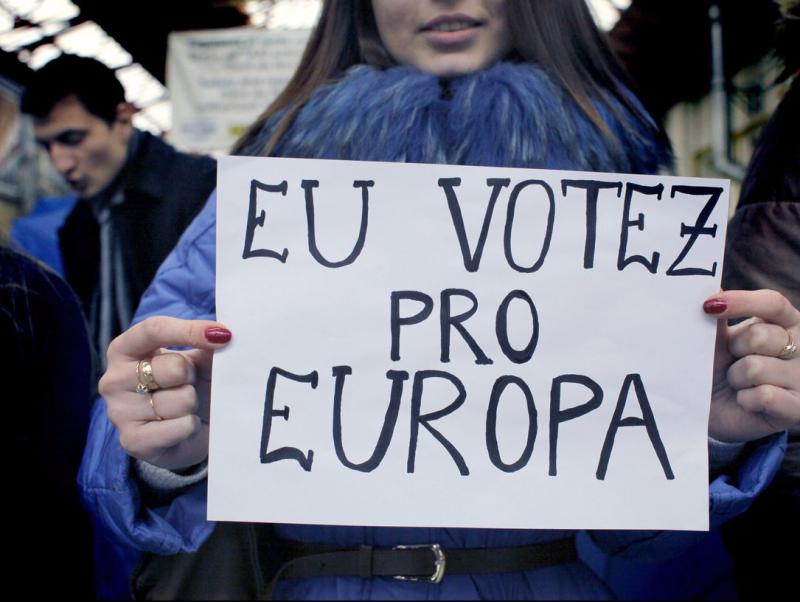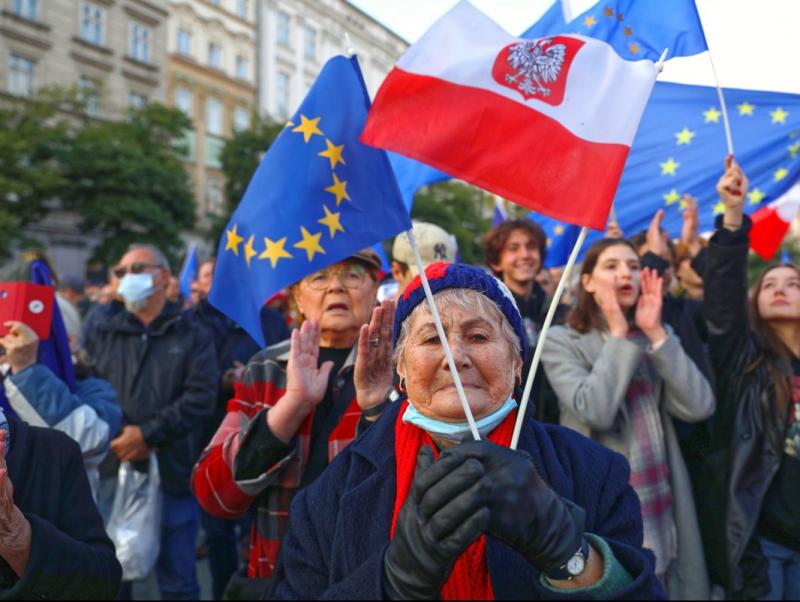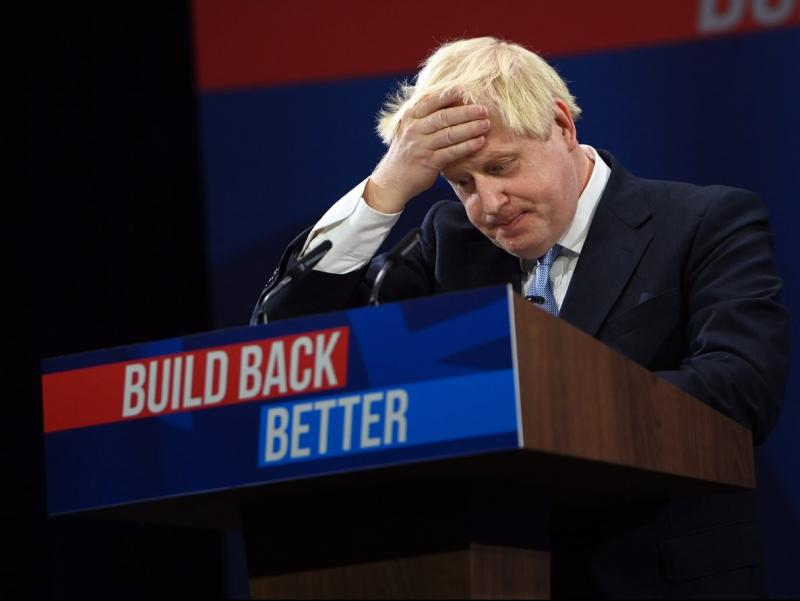Recovering from the pandemic and the end of the Merkel era
Germany begins 2022 under a new chancellor and continuing the fight against Covid with one of Europe’s lowest vaccination rates
After 16 years in the post, Angela Merkel has passed on the baton of German Chancellor to Olaf Scholz. Merkel’s departure marks the end of an era, during which time the East German-born politician became to be seen as one of the architects of todays’ European Union. In Germany, her departure gives way to an unprecedented government in the form of a coalition that has already been called a “traffic light”, including as it does Social Democrats, Green environmentalists and FDP liberals. The new formula has generated high expectations and uncertainty in equal measure.
An urgent challenge for the new executive is the crisis caused by the Covid pandemic. With just over 70% of the population vaccinated with a single dose, the vaccination figures in Germany are among the lowest in Europe. Faced with this scenario, the German authorities are considering calling on parliament to approve compulsory vaccination, in the form a free vote that would mean MPs could vote according to their conscience rather than along party lines.
The pandemic is acting as a brake on the German economy, and Chancellor Scholz will have to push for new measures, such as increasing public spending but without raising government debt, a move that has been described as “squaring the circle for 2022”. Another major challenge facing Europe’s leading economy is the fight against climate change, a key aim of the Green party in the ruling coalition. The goal is energy transformation, with plans to abandon coal for renewable energy, and radical changes in adopting electric vehicles. Some 2% of the German territory will be given over to the generating wind and hydrogen-based energy. The goal is to get 80% of electricity in the country from renewable energy sources by 2030 and to put 15 million electric cars on German roads.
In the next few years, the country is also facing the retirement of the baby boom generation, which in Germany are those born from the early fifties to the mid-sixties. This will stretch the German pension system and creating fears about labour shortages. Some measures have already been taken, such as raising the retirement age to 67. Immigration could alleviate the problem of an ageing population, but at the same time creates new challenges. Since the 2015 migration crisis, which severely affected Germany, the rise of the far right has been striking. The Alternative for Germany party (AfD) has won seats in just about all regional assemblies as well as the Bundestag.
feature european union


